Apple Cider Vinegar: 6 Shocking Benefits and 3 Simple Uses
Apple Cider Vinegar: 6 Shocking Benefits and 3 Simple Uses
Overview

How is apple cider vinegar made?
Just like any other vinegar, apple cider vinegar is made by a 2-step fermenting process. First, crushed apples are fermented by adding yeast, which turns the natural sugars into alcohol. It is then exposed to active bacteria for further fermentation, which turns the alcohol into acetic acid. Acetic acid and a compound called the mother (present in unrefined versions) are responsible for most of its health benefits.
Health benefits of apple cider vinegar
1. Supports gut health
Due to its antimicrobial property, ACV helps cleanse the digestive tract of germs and parasites and supports detoxification. Organic and unfiltered apple cider vinegar also contains a compound called the mother, which gives it a cloudy appearance. The mother is removed during the filtering process, but unfiltered apple cider vinegar is considered more beneficial for consumption purposes. This compound forms naturally during the fermentation process and contains beneficial bacteria, healthy enzymes, and proteins. It also acts as a prebiotic for the gut by promoting the growth of good bacteria.
2. Promotes weight loss
If you are already following a supportive diet and workout plan, including apple cider vinegar in your cooking might give your weight loss efforts an extra boost. Some studies suggest that the acetic acid present in vinegar may help promote weight loss in several ways, such as suppressing appetite, supporting a healthy gut microbe, and stimulating fat-burning enzymes.
Taking apple cider vinegar with meals slows down the rate at which food leaves your stomach, increasing the feeling of fullness and reducing extra calorie intake. In one small study, taking 1-2 tablespoons of ACV along with meals reduced belly fat and body fat percentage in obese individuals. Although including vinegar in the diet caused only moderate weight loss (2.65-3.75 lbs over a period of 12 weeks) in this study, it might still help by improving satiety from food.
3. Lowers blood sugar levels
Research suggests that fermented foods with organic acids may help lower blood sugar levels due to their ability to delay stomach emptying. Apple cider vinegar also improves insulin sensitivity and has been shown to reduce fasting blood sugar, as well as post-meal sugar spikes. In one study, taking 2 tablespoons of vinegar at bedtime reduced blood glucose levels by 4% the following morning in people with type-2 diabetes. However, taking vinegar is not recommended for people with type-1 diabetes, as slow digestion can make some conditions (like gastroparesis) worse.
4. Boosts skin health
Apple cider vinegar is extensively used in skincare products, including face cleansers, toners, and exfoliators. Due to its acidic nature (it contains acetic acid and alpha-hydroxy acid), ACV helps maintain optimal skin pH. Our skin needs a slightly acidic medium to thrive, whereas we keep bombarding it with alkaline soaps and cleansers, stripping the natural moisture. ACV helps restore this pH balance and controls excess sebum production, which can further prevent clogging of pores, pimples, and blackheads. Alpha hydroxy acid also works as a natural exfoliator and can help promote skin rejuvenation.
Please keep in mind that using vinegar directly on the skin may cause burns. It should always be diluted with water before use.
5. Soothes skin infections
Traditionally used to soothe sunburns and age spots, apple cider vinegar has anti-inflammatory and astringent properties. When used to replenish the skin after bath, it prevents the growth of bacteria thriving in your sweat (as most pathogens cannot survive in an acidic medium), thus acting as a natural antiseptic and deodorant. Due to its antimicrobial and sebum-balancing properties, apple cider vinegar can also help in a range of skin irritations, such as acne, itchy skin, flakiness, bug bites, eczema, and psoriasis. In a 2016 study, topical application of diluted ACV improved skin barrier function and reduced the severity of symptoms in people with eczema.
6. Natural hair conditioner
Commonly used in shampoos, conditioners, no-poos, scalp tonics, and dry shampoos, apple cider vinegar is a superstar ingredient in the hair care industry. When used as an after-shampoo rinse, it acts as a natural volumizer to make your hair look fuller, lustrous, and well-nourished. Using vinegar as a hair rinse helps maintain optimal moisture and can soothe a dry and itchy scalp. ACV also has cleansing and calming properties, which help remove chemical residues from the scalp and promote scalp hygiene. Some people also use it as a natural hair spray to absorb excess oil from the scalp, as it helps them go longer between hair washes.
How to use apple cider vinegar
Food preservative and flavor enhancer: Apple cider vinegar acts as a natural food preservative and has been historically used for canning and pickling. Add a
As a beverage: Mix 1-2 teaspoons (you may increase the dose to 1-2 tablespoons gradually) of ACV with a large glass of water and drink it along with meals. You can add lemon or honey to this if you like.
Skin and hair care: Add 2 tablespoons of ACV to a cup of water. Use this as a post-wash hair rinse or body rinse. It can also be used as a scalp spray. Remember to protect your eyes while using vinegar on the hair.
Risks and side effects of using apple cider vinegar
Apple cider vinegar is generally considered safe when taken in moderation. Start with a small amount, and then you may increase the dose according to your personal tolerance. In any case, do not exceed a dose of 30 ml per day.
If you want to consume it directly as a beverage or use it topically on the skin, make sure to dilute it properly with water.
Apple cider vinegar has been known to cause a few side effects in some people.
May damage tooth enamel: Acidic foods and beverages can erode tooth enamel. To prevent damage, try consuming ACV beverages with a straw or rinse your mouth afterward.
May increase stomach acidity: Acetic acid may cause heartburn or indigestion in some people if taken on a daily basis. However, some people also find it helpful in relieving digestive problems like bloating and pain.
May interact with some drugs: Apple cider vinegar has been known to interact with some drugs. If you are taking medicines for diabetes or heart disease, consider consulting your doctor before making it a part of your regular diet.
Final thoughts
Apple cider vinegar is a versatile ingredient with a range of culinary, skincare, therapeutic, and household uses. It has been historically used as a food preservative, disinfectant, sunburn relief, hair conditioner, and a natural remedy for digestive complaints. Although its effects on weight loss and sugar control are not yet proven by large-scale studies, apple cider vinegar may still hold the answer to many of your skin and lifestyle problems.
To Your Health!
References
Johnston, C. S., & Buller, A. J. (2005). Vinegar and peanut products as complementary foods to reduce postprandial glycemia. Journal of the American Dietetic Association, 105(12), 1939–1942. https://doi.org/10.1016/j.jada.2005.07.012
Tomoo KONDO, Mikiya KISHI, Takashi FUSHIMI, Shinobu UGAJIN, Takayuki KAGA, Vinegar Intake Reduces Body Weight, Body Fat Mass, and Serum Triglyceride Levels in Obese Japanese Subjects, Bioscience, Biotechnology, and Biochemistry, Volume 73, Issue 8, 23 August 2009, Pages 1837–1843, https://doi.org/10.1271/bbb.90231
Lee, N. R., Lee, H. J., Yoon, N. Y., Kim, D., Jung, M., & Choi, E. H. (2016). Application of Topical Acids Improves Atopic Dermatitis in Murine Model by Enhancement of Skin Barrier Functions Regardless of the Origin of Acids. Annals of dermatology, 28(6), 690–696. https://doi.org/10.5021/ad.2016.28.6.690
Liljeberg, H., & Björck, I. (1998). Delayed gastric emptying rate may explain improved glycaemia in healthy subjects to a starchy meal with added vinegar. European journal of clinical nutrition, 52(5), 368–371. https://doi.org/10.1038/sj.ejcn.1600572
Darzi, J., Frost, G. S., Montaser, R., Yap, J., & Robertson, M. D. (2014). Influence of the tolerability of vinegar as an oral source of short-chain fatty acids on appetite control and food intake. International journal of obesity (2005), 38(5), 675–681. https://doi.org/10.1038/ijo.2013.157
Andrea M. White, Carol S. Johnston; Vinegar Ingestion at Bedtime Moderates Waking Glucose Concentrations in Adults With Well-Controlled Type 2 Diabetes. Diabetes Care 1 November 2007; 30 (11): 2814–2815. https://doi.org/10.2337/dc07-1062



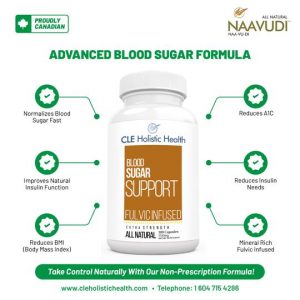



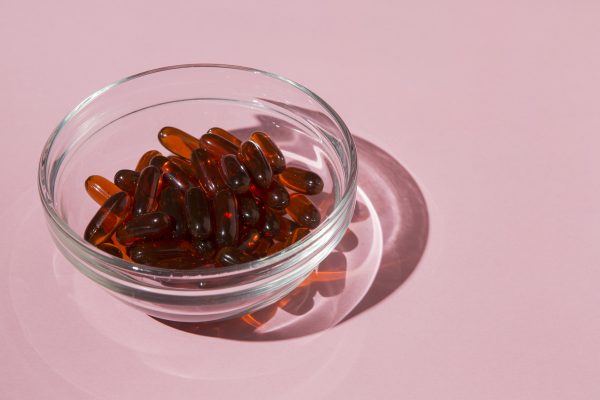


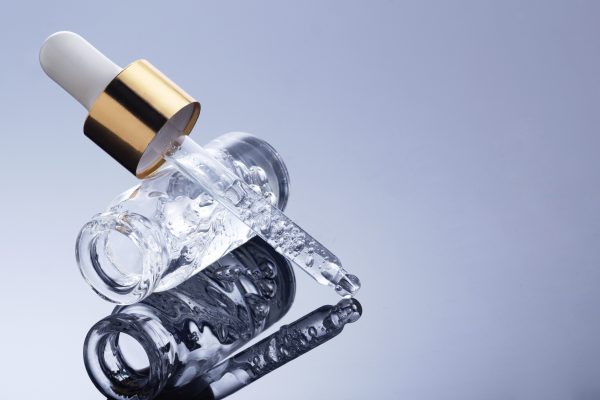





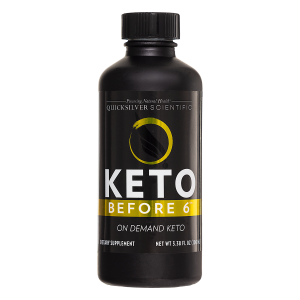
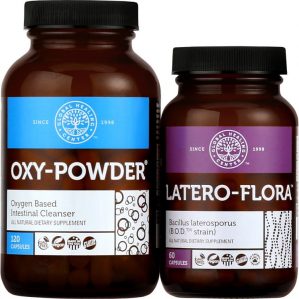











0 Comment